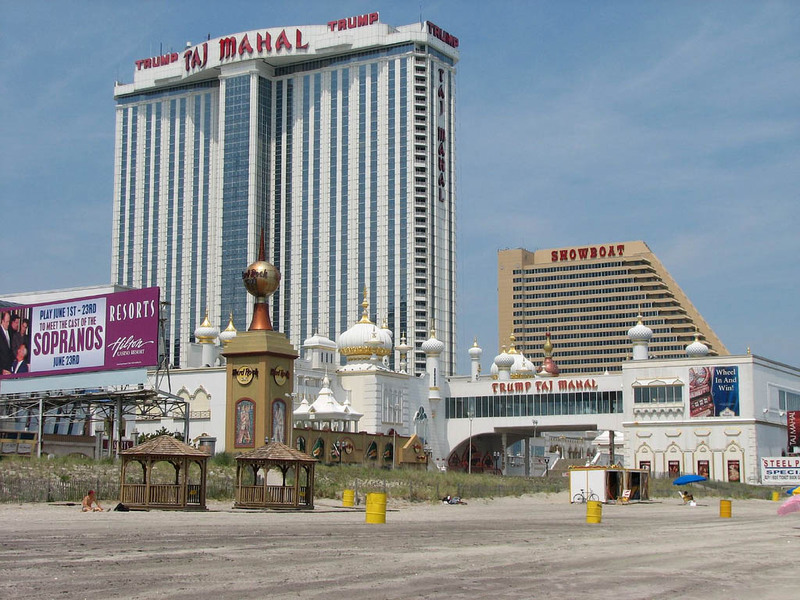Trump Taj Mahal Casino Put On The Market By Top Donald Trump AdviserShuttered Casino Could Be Sold Thanks To Controversial Legislation, According To New York Post Report |
|
|
 Billionaire investor Carl Icahn bought and closed the Trump Taj Mahal casino in Atlantic City in less than two years, and now he’s in talks to sell the property that still bears the President-elect’s brand name.
Billionaire investor Carl Icahn bought and closed the Trump Taj Mahal casino in Atlantic City in less than two years, and now he’s in talks to sell the property that still bears the President-elect’s brand name.
Ichan, who on Wednesday was named Trump’s special adviser on federal regulations, closed the 26-year-old casino on Oct. 10 after a long and difficult labor dispute with a union representing Atlantic City casino workers. More than 3,000 people lost their jobs when the Taj Mahal closed its doors.
In the following weeks, state lawmakers advanced controversial legislation that if enacted would prevent Ichan from reopening the casino without a union contract.
Though four casinos closed in 2014, Icahn and the Taj Mahal would be the only ones affected by the new law. Icahn’s gaming license for the casino would be suspended for five years unless he strikes a new deal with the union. It’s unclear if Governor Chris Christie will sign the bill. Icahn, who also owns the Tropicana in Atlantic City, told the New York Post that the bill is “absurd.”
Donald Trump opened the casino in 1990, but it suffered financial challenges over the years. Icahn’s $300 million acquisition wiped out the small ownership stake that Trump still had in the casino’s parent company. Trump once wanted his name off the casino, before changing his mind.
Icahn had said that the casino would likely be in trouble if voters approved casinos elsewhere in the state, but he ended up closing the Taj Mahal anyway even when it was clear, thanks to polls, that the November referendum would be unsuccessful.
The Atlantic City casino industry has been flat this year. Through all but the last month of 2016, the remaining casinos won $2.4 billion from gamblers, up one percent compared to the $2.37 billion won in the same period last year.
Like the Taj Mahal, Revel, the $2.4 billion casino that closed two years ago, also faces an uncertain future. The owner of that property is suing New Jersey over the casino licensing process and has threatened to abandon reopening plans.
